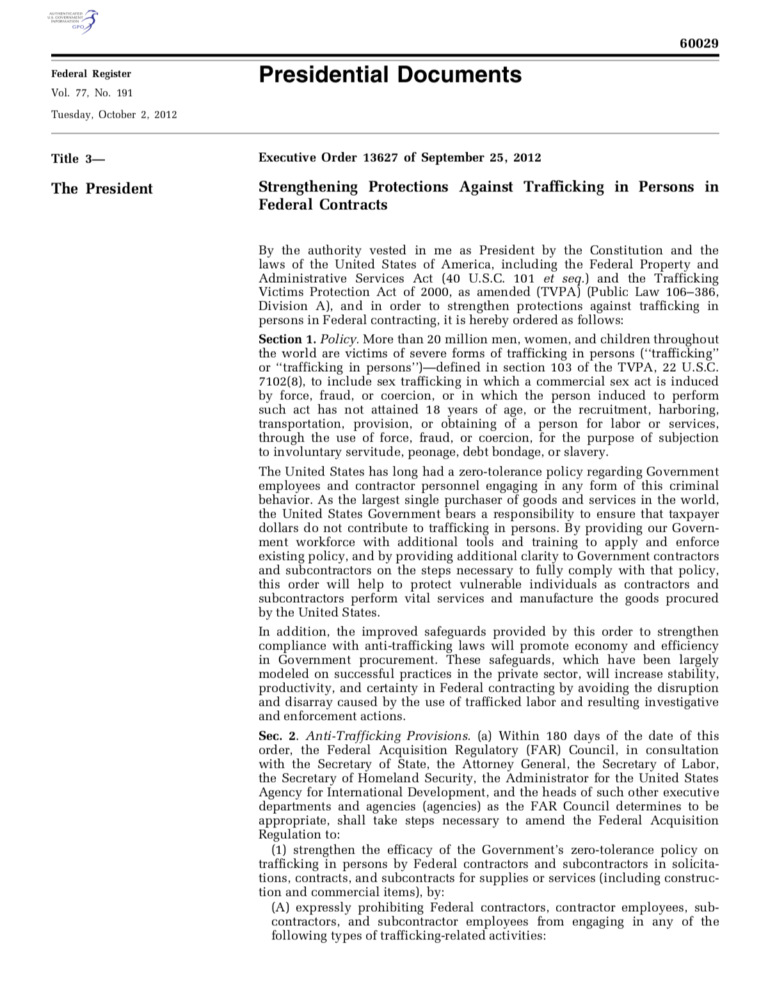Polish National Action Plan for the Implementation of the United Nations Guiding Principles on Business and Human Rights 2017-2020
LegislationThe National Action Plan was created on the basis of the three pillars included in the UN Guiding Principles on Business and Human Rights. The National Action Plan primarily aims to enhance the protection of human rights of individuals and to enable ...Read More

